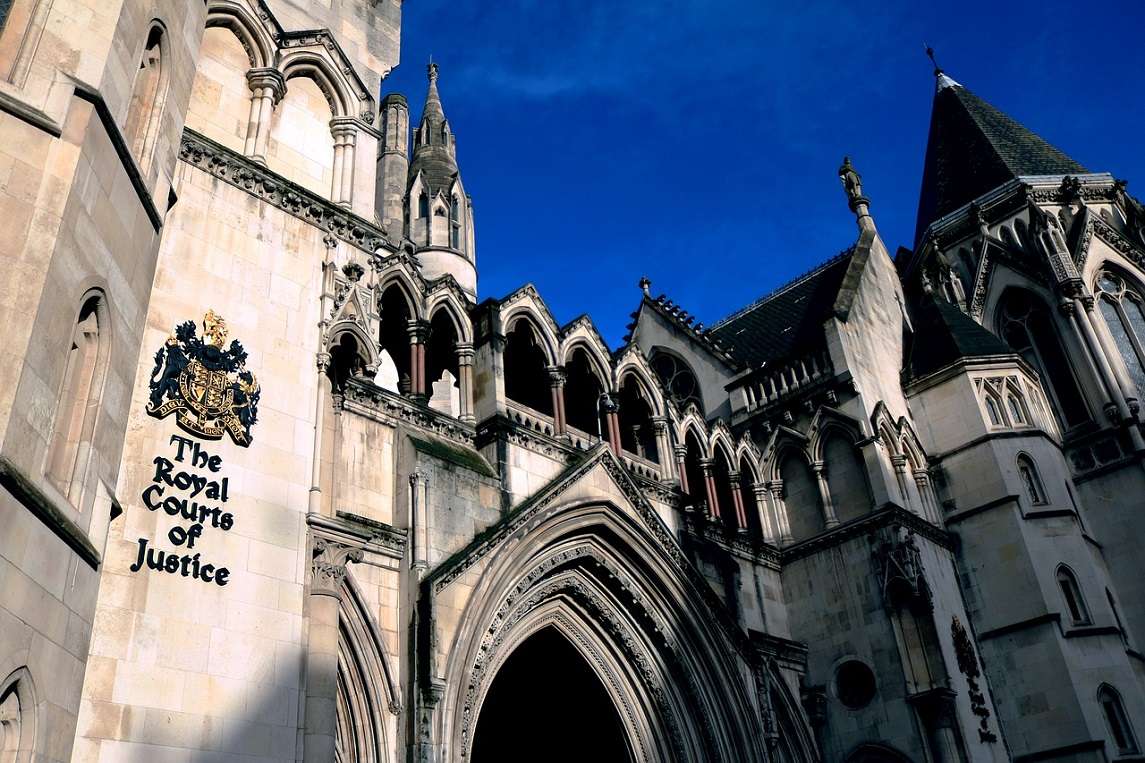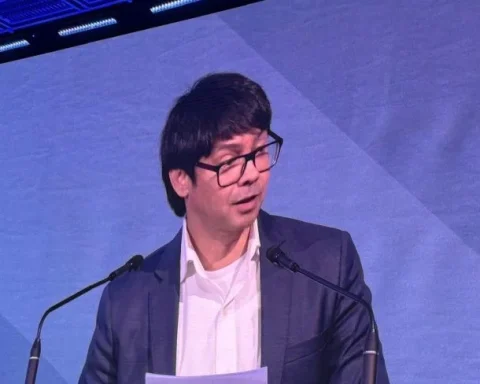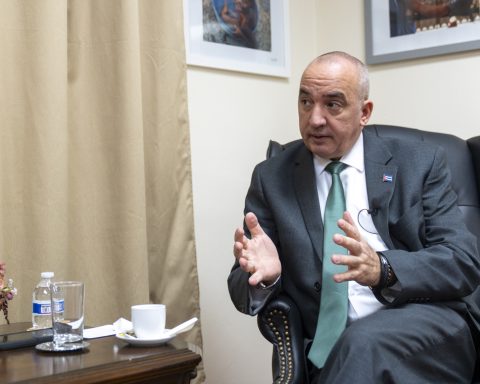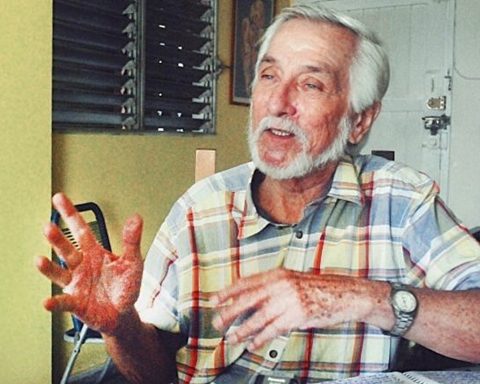The closing arguments of the hearing on the lawsuit against Cuba that takes place in London should end this Thursday, international media report.
It is expected that the lawyers of both parties, who began to present their arguments on January 23, conclude their presentations tomorrow, when the magistrate will indicate when she could pronounce the ruling.
It could take weeks and in any case the parties may appeal, so the process could be extended, a report from the agency requires. EFE.
The plaintiff is CRF I Limited, an investment fund registered in the Cayman Islands, which maintains that it is a legitimate creditor of Banco Nacional de Cuba (BNC) and the Cuban state, and accuses the island of manipulating the case to circumvent its rights. obligations.
This fund, established as a mercantile company offshore, claims the payment of 72 million euros (78.6 million dollars at current exchange rates) in Cuban sovereign debt. That sum derives from loan agreements between Cuba and two European banks (Crédit Lyonnais and L’Istituto Bancario Italiano) signed in the 1980s.
Cuba points out that CRF I is not its legitimate creditor. He argues that he acquired the debt fraudulently and accuses him of being a “vulture fund” that buys “at auction prices, the debts issued by countries, to demand immediate payment of 100% under threat of legal action.”
The BNC and the Cuban State insist that “they have never ignored their debts and have always maintained an interest in negotiating with their legitimate creditors,” which does not include the claimant investment fund.
Precisely this week the Cuban Minister of Justice, Oscar Silvera, arrived in London to participate in the final days of the hearing at the High Court of Englandwhere the dispute is settled.
Silvera, who joined the group of representatives of the Cuban Government in the process, said that he had traveled to “defend the truth of his country,” and reiterated that “the Banco Nacional and Cuba confirm that CRF I Limited is not and has not been their creditor”.
Arguments of the defenders of Cuba
In her argument this Wednesday, the lawyer for the defendants, Alison Macdonald, stated that “it was defective” the assignment to the fund of the contractual rights to that debt that until then was managed by the ICBC Standard Bank, authorized on November 25, 2019. by the former director of operations of the BNC Raúl Olivera Lozano, who testified that he himself failed to comply with the procedures.
The lawyer asked Judge Sara Cockerill of the commercial division of the London High Court to “reject” CRF’s allegation that Olivera’s 13-year sentence in May 2021 for allegedly accepting a bribe from Jeetkumar was “a sham.” Gordhandas, a consultant to the investment group registered in 2009 in the Cayman Islands.
“There is no evidence, much less admissible evidence in this trial, to support the allegation that the Cuban sentence and the investigative processes and the trial that led to it proceeded on the basis of false or fabricated evidence,” Macdonald said, quoted for EFE.
The lawyer added that “there is also no evidence” to “challenge the honesty” of the Cuban authorities who, after receiving another request from CRF in November 2020, expressly denied the reallocation of the debt, considering that it was a “fund vulture» focused on claiming their payment through the courts.
His colleague Anton Dudnikov later questioned “the experience” and the rigor of the testimony offered for CRF by the Cuban lawyer based in Spain Hossana Rodríguez Calvo, who did not hide “her feelings against the regime” Cuban, and pointed out that her own legal expert, Juan Mendoza, was more reliable, according to the Spanish media.
CRF I Fund admits that it acquired Cuban debt to initiate a lawsuit for non-payment
CRF speaks of “false testimony”
The CRF lawyer, Jawdat Khurshid, accused the former Cuban official Raúl Olivera Lozano on Wednesday of “false testimony” for having declared that he broke the rules when he authorized the assignment to this investment fund of 72 million euros in Cuban sovereign debt.
Khurshid maintained before Judge Cockerill that the then director of operations of the BNC, now imprisoned in his country, acted according to the rules when he reassigned to CRF the contractual rights over those securities that until then had been managed by the ICBC Standard Bank, a British subsidiary of the Chinese ICBC.
The lawyer argued that Olivera lied when, by videoconference from Havana, he assured that he himself had illegally applied the BNC letterhead in the assignment certificate, instead of taking it to the legal team of the institution, he refers. EFE.
Faced with the Cuban side’s accusation that the former official incorrectly approved the document with his only signature (instead of two supposedly necessary), he insisted that it is “inconceivable” that “a man of Olivera’s experience would sign if he did not think he was authorized to do so.”
In addition, he pointed out that there is at least one other example of debt assignment in which only one heading appears (Olivera’s), for which he alleges that it was not an unusual practice, adds the office of the Spanish agency.
CRF’s lawyer asked the judge to recognize the fund as Cuba’s legitimate creditor to collect the debt and argued that the Cuban government has manipulated the case to evade its obligations.
The BNC and the Republic of Cuba maintain, for their part, that the authorization signed by Olivera is “invalid”, because he also did not previously consult the Cuban government.
The process, which has generated expectation inside and outside the island, is witnessed through a screen from another room by several investors in Cuban sovereign debt, given that this process will set a precedent that will affect their interests, he points out. EFE.
EFE / OnCuba

















